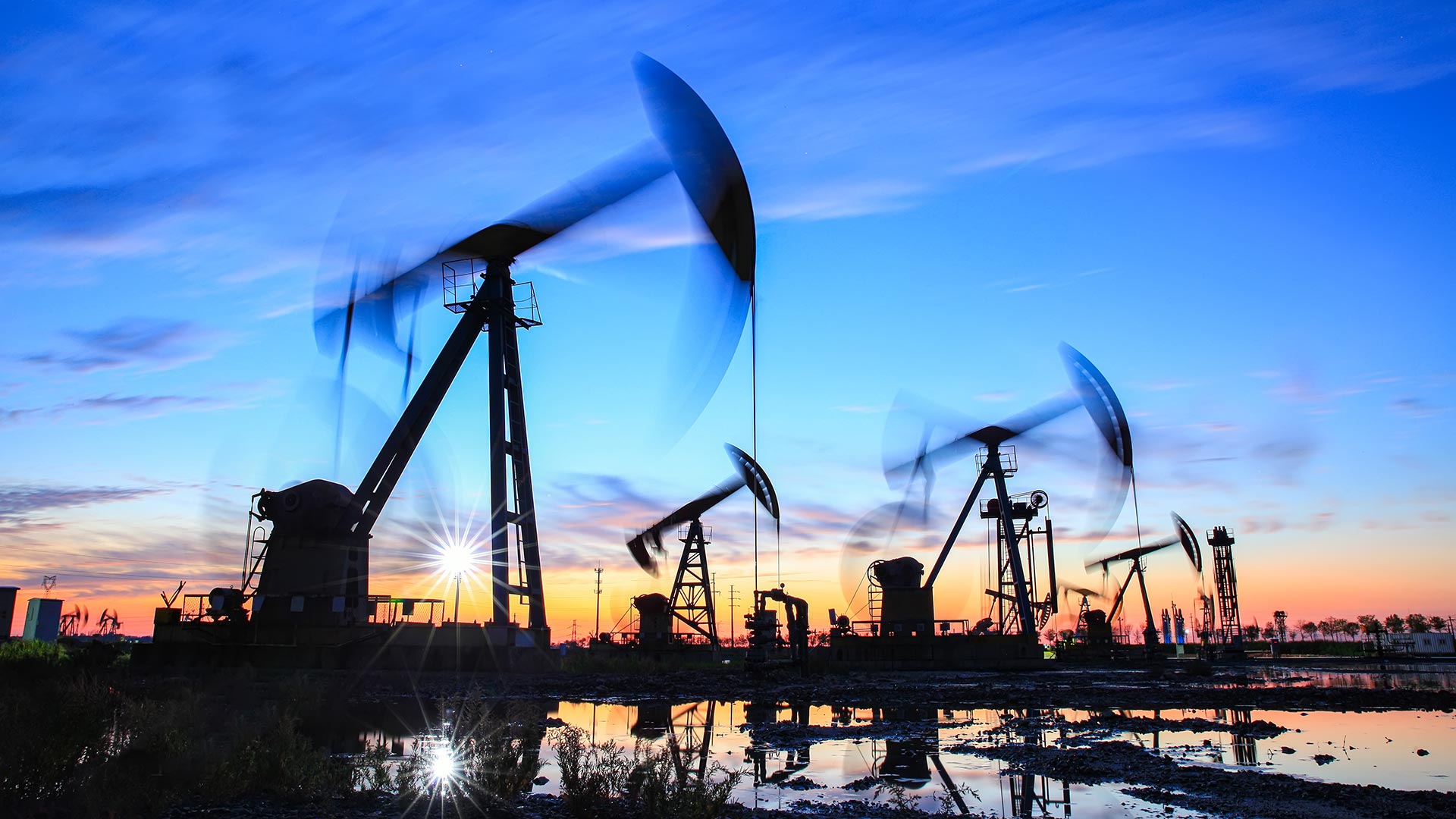The move by the Group of Seven countries (G7) to ban, or phase out, Russian oil – among other sanctions – may have mixed results, with some commentators arguing the measures will have the opposite effect from what was intended.

In a bid to “impose severe costs” for Putin’s war against the Ukraine, the Group of Seven (G7) nations announced further actions against Russia that include bans on energy imports. However, with those countries still heavily dependent on exports from Russia, the economic impact could mean the measures are a case of the G7 cutting off its nose to spite its face.
The G7 – Canada, France, Germany, Italy, Japan, the United Kingdom and the United States – have committed to banning or phasing out Russian oil, as well as other actions. According to a statement from the White House, “This will hit hard at the main artery of Putin’s economy and deny him the revenue he needs to fund his war.” The statement argued that sanctions that have so far been taken against Russia have had the desired effect, “exacting an immense toll on Russia’s economy”.
However, with Russia being such a large energy producer, the economic impact of banning imports will be significant for those countries. The US Energy Information Administration (EIA) notes that in 2021, Russia was the largest natural gas exporter, the second-largest oil exporter (after Saudi Arabia) and the third-largest coal exporter (after Indonesia and Australia) in the world.
Russia’s oil exports to developed countries in Europe accounted for 49% of its total, with 38% going to Asia and Oceania, and 13% the rest of the world. Of the developed countries in Europe, the Netherlands, Germany and Poland (in descending order) were the largest importers of Russian oil. It would not just be those countries that would be impacted, however. Hungary, Slovakia, Latvia and Estonia, for example, could also suffer from the oil ban. In fact, one member of the European Parliament Sara Matthieu was quoted as saying, “These sanctions will not only harm the Russian economy. They will also affect the lives of European citizens. The oil embargo will impact EU citizens’ homes, jobs and wallets.”
Not just that, it has been argued that the oil ban will have the reverse effect. As Robert Rapier, author of ‘Power Plays: Energy Options in the Age of Peak Oil’, explains for Forbes, as Russia is such a large producer, it is impossible to take action without prompting oil prices to skyrocket. And if prices are sky high, Russia stands to benefit from selling its oil to countries that haven’t banned it.
Janis Kluge, Senior Associate at the German Institute for International and Security Affairs (SWP) in Berlin, citing figures from Russia’s Ministry of Finance, tweeted that Russia’s oil revenues hit a record high in April of 1.8 trillion rubles, after 1.2 trillion rubles in March. After the first four months of 2022, Russia has already received half of its expected revenue from oil and gas revenue for the year, he explained.
And while the G7 countries ban, or phase out, Russian oil, there are still other countries that are willing to buy it. According to the EIA figures, at a country level, China is the single biggest importer of Russian oil and imported approximately one-third of Russia’s crude oil and condensate exports. It remains to be seen, however, whether the other countries would be able to absorb the difference from the ban. It would take time, notes energy research and intelligence firm Rystad Energy, to redirect the exports to other countries. Also, in the long term, Russia will struggle – and its output will decrease – because it no longer has access to foreign oil recovery technologies because of sanctions.
In amongst, this and the debate about the impact, the White House statement noted that it was “accelerating our efforts to reduce dependence on fossil fuels”. This, Rapier writes, is the way forward: “In a world that is heavily dependent on oil, the only way to effectively impact Russia’s oil revenues is to reduce global dependence on oil.”